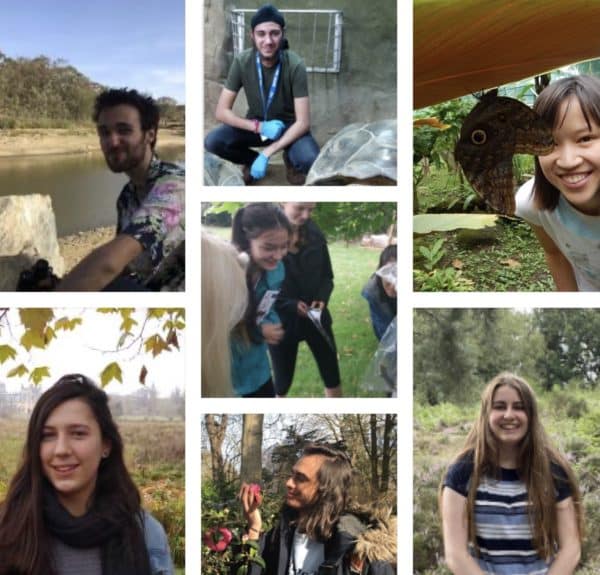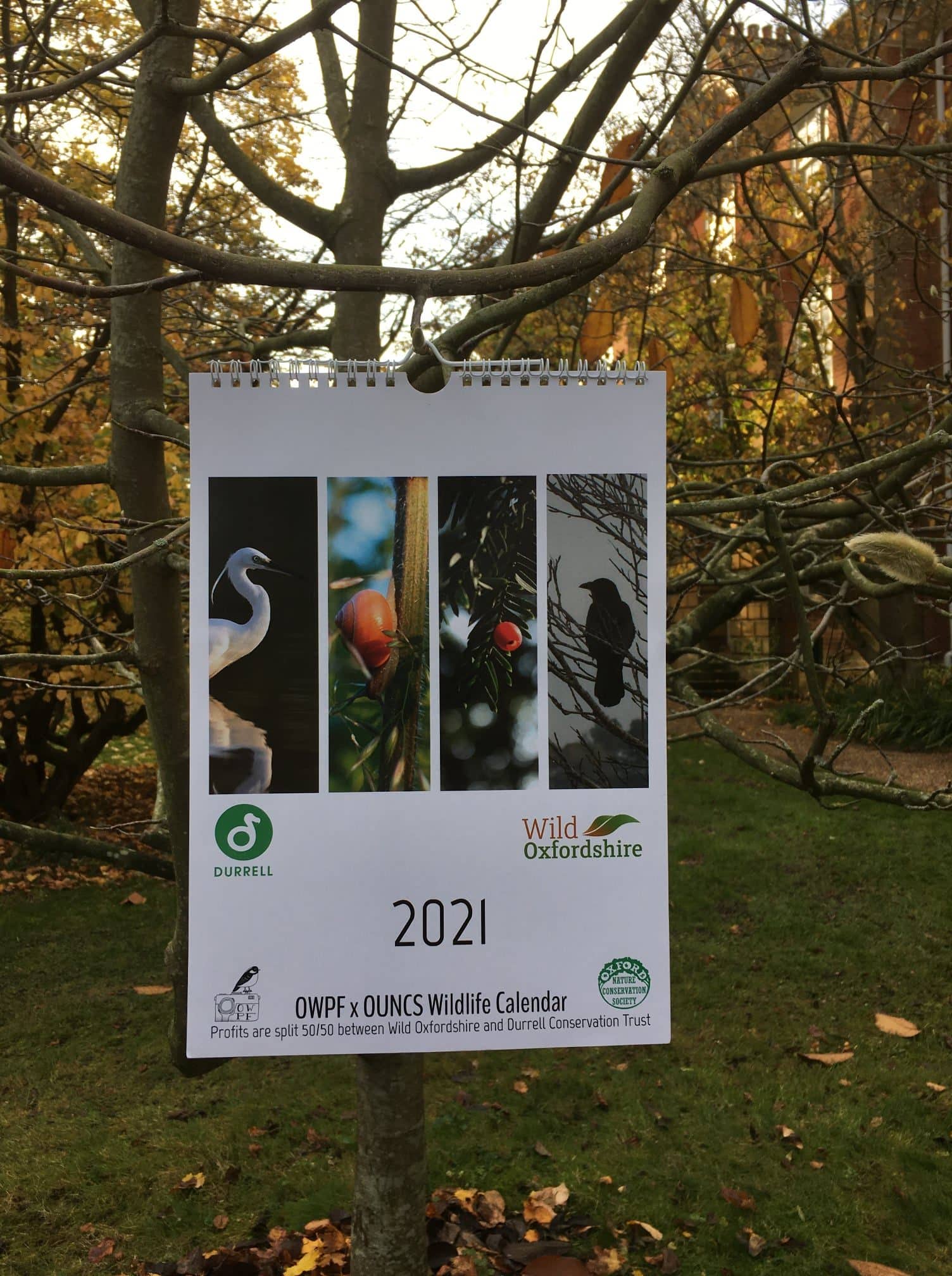Oxford Nature Conservation Society is a student society at the University of Oxford. We bring together a community of environmentally-minded people by posting about topical conservation issues, career opportunities and hosting events with speakers who are having an impact in the world of conservation. Getting into conservation can seem daunting and predominated by a few people. By broadcasting the work of a diverse range of speakers, we hope to break down traditional conservation taboos and engage honestly and clearly with our mostly student audience.
2020 presented both challenges and opportunities for our society. In the UK, Covid-19 has been all but rampant throughout 2020 (and continues to be a menace in 2021, as I write this) and the year was punctuated by uncertainty and lockdown. I joined OUNCS in May 2020 since I was very impressed by the accessibility and scope of the content that it offered. Being a part of it and to keep providing access to quality content during the lockdown, we transitioned from in-person events to maximising our social media and online output. Once we figured this out, we were able to share fascinating and diverse content that kept us on our feet and each committee member could easily contribute from wherever they were.

The OUNCS team at Oxford. Photo credits: OUNCS
During the summer term, in the absence of our typical weekly events, we put out a constant stream of conservation updates in our weekly society email. Pre-pandemic, this email would contain a summary of the events happening during the upcoming week. During the summer term, we instead updated our community on podcasts, webinars, online competitions, and conservation news. While this was not quite the same as hosting live events in Oxford, it has led to us finding and making the most of virtual opportunities.
Come the autumn term, we resumed our busy and colourful series of conservation talks. Operating on a virtual platform has enabled us to host speakers on a variety of topics, ranging from slow loris venom to regenerative farming. With each talk, it has genuinely been fascinating to uncover a little corner of the natural world and meet those who are so passionate about their subjects! The response to these has been heartening, especially the slow loris talk, ‘Adorable little fur balls of death’. Emceed by our wonderful vice-president Taras Bains with guest speaker Professor Anna Nekaris, it was attended by a (virtual) record 50 people!
We’ve also fostered partnerships with other student societies. Our collaborative fundraiser with Oxford Wildlife Photography and Filmmaking Society for the Durrell Wildlife Trust and Wild Oxfordshire was such a fun process, and our wildlife calendar competition managed to raise over £400! More importantly, we received lots of beautiful entries showcasing a diverse portfolio of wildlife, both from the UK and beyond. The UK is generally seen to be depauperate in biodiversity, but this competition was a celebration of UK wildlife and an encouragement for us all to go out and experience it.

The finished calendar from our charity wildlife photography competition with Oxford Wildlife Photography and filmmaking. We split over £470 between 2 wildlife charities, Durrel Wildlife Trust and Wild Oxfordshire. Photo credits: OUNCS
But it is clear that we do not want to return to business as usual in every sense. Grateful as we are to have had a relatively ‘normal’ events card, this year has presented an opportunity to push for more change within the University towards a more sustainable future for people and wildlife.
Moving towards this goal, we were involved in a panel discussion of the University’s Environmental Sustainability Strategy. This is a strategy for the university to achieve net-zero carbon and net biodiversity gain by 2035, in line with the UK government’s goal of net-zero carbon by 2050. The strategy focuses on 9 target areas, including ‘biodiversity’. This aims to identify and address the university’s main impacts on biodiversity, as well as enhancing biodiversity throughout the university.
Building on the momentum of changing attitudes towards the natural world and the pro-biodiversity stance taken by the university, we are aiming to create a college-coordinated strategy for encouraging biodiversity and sustainability on campus. Already, we have received lots of replies from the colleges within Oxford expressing support for our goal and letting us know what their college is currently doing to help biodiversity.
I want to give a shout out to our President Hannah King, who has done an excellent job of keeping the committee together and is always open to ideas! Also to the rest of the committee, who have such a diverse range of interests. I’m constantly amazed by the way they keep coming up with new suggestions on talks we can host, movements we can support, and ideas for future collaborations.
Therefore, we are really looking forward to seeing what we can do in 2021 to help drive university-wide, positive and sustainable change for wildlife.


